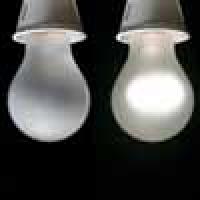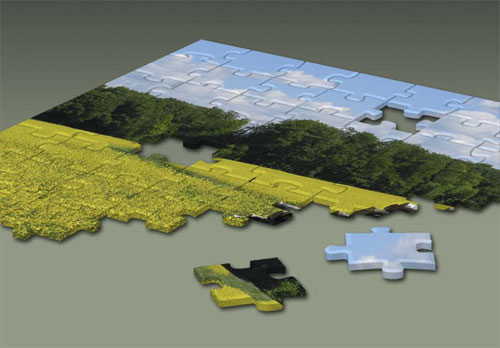
Teacher package: Logic
The Plus teacher packages are designed to give teachers (and students) easy access to Plus content on a particular subject area. Most Plus articles go far beyond the explicit maths taught at school, while still being accessible to someone doing GCSE and A level maths. They put classroom maths in context by explaining the bigger picture — they explore applications in the real world, find maths in unusual places, and delve into mathematical history and philosophy. We therefore hope that our teacher packages provide an ideal resource for students working on projects and teachers wanting to offer their students a deeper insight into the world of maths.
Logic

In some sense, all of maths should come under the label "logic", but mathematical logic has shown that mathematics isn't entirely logical. Makes sense? If not, then this teacher package may help. We look at logic in the broadest possible sense, bringing together articles on the basics of mathematical logic, its role in computer science and the philosophy of maths, and on how it's being used in applications. We've grouped the articles in four categories:
- Basic logic: Articles in this category give an introduction to mathematical logic.
- Logic in action: These articles explore some applications of mathematical logic in the real world.
- Computer science and the limits of maths: The development of modern computer science is intimately related to the realisation that mathematics has logical limits. These articles look into these subjects, as well as their overlaps.
- Universal logic: This article asks whether logic is universal, or something made up by humans.
Don't forget that our sister site NRICH has hands-on problems, activities and articles on logic.
Basic logic
A bright idea — What do computers and light switches have in common? This article illuminates the connection between light bulbs, logic and binary arithmetic.
The origins of proof — This article gives an introduction to deductive reasoning, explores the first attempt to organise maths as a formal logical system and takes a look at one of the earliest known examples of mathematical proof.
Constructive mathematics — In classical maths things are either true or false, but in some quarters this premise is hotly disputed. This article looks at classical logic and gives a brief introduction to an alternative system, called constructivism.
Visual curiosities and mathematical paradoxes — Just as our rational mind can be confused by logical paradoxes, so can our visual perception. This article looks at some examples.
Logic in action
Spaceships are doing it for themselves — A news story exploring how intelligent spacecraft with human-like reasoning capabilities can make important decisions for themselves.
Fuzzy pizza — A news story on how fuzzy logic is used to produce the perfect pizza.
Computer science and the limits of maths
Mathematical mysteries: The Barber's Paradox — Suppose you walk past a barber's shop one day, and see a sign that says "Do you shave yourself? If not, come in and I'll shave you! I shave anyone who does not shave himself, and noone else." This seems fair enough, and fairly simple, until, a little later, the following question occurs to you - does the barber shave himself?
Gödel and the limits of logic — When Kurt Gödel published his incompleteness theorems in 1931, the mathematical community was stunned: using maths he had proved that there are limits to what maths can prove. This article describes Gödel's brilliant work and troubled life.
The origins of proof III: Proof and puzzles through the ages — If the previous article is too dense for you, then have a look at this one. The latter part of it gives a summary and some examples to illustrate Gödel's famous result.
What computers can't do — A good example of the logical limits of maths is Turing's halting problem. This article explores the problem and looks at Turing's contribution to computer science.
Alan Turing: Ahead of his time — Here's another article on the halting problem, which also gives us a glimpse of Turing's troubled life.
Cantor and Cohen: Infinite investigators Part I and Part II — These two articles look at two other mathematical results which defy commonly accepted mathematical logic: the axiom of choice (part I) and the continuum hypothesis (part II).
Picking holes in mathematics — Most examples of the logical incompleteness of mathematics are pretty esoteric, but will this incompleteness ever interfere with "real-life" maths?
Searching for the missing truth — If logic has its limits, can we use our intuition to complete the puzzle of mathematics?
This is not a carrot: Paraconsistency in mathematics — Paraconsistent mathematics is a type of mathematics in which contradictions may be true. In such a system it is perfectly possible for a statement A and its negation not A to both be true. How can this be, and be coherent? What does it all mean?
Universal logic
Mathematics for aliens — Is the logic of mathematics universal and could it help us to communicate with aliens?